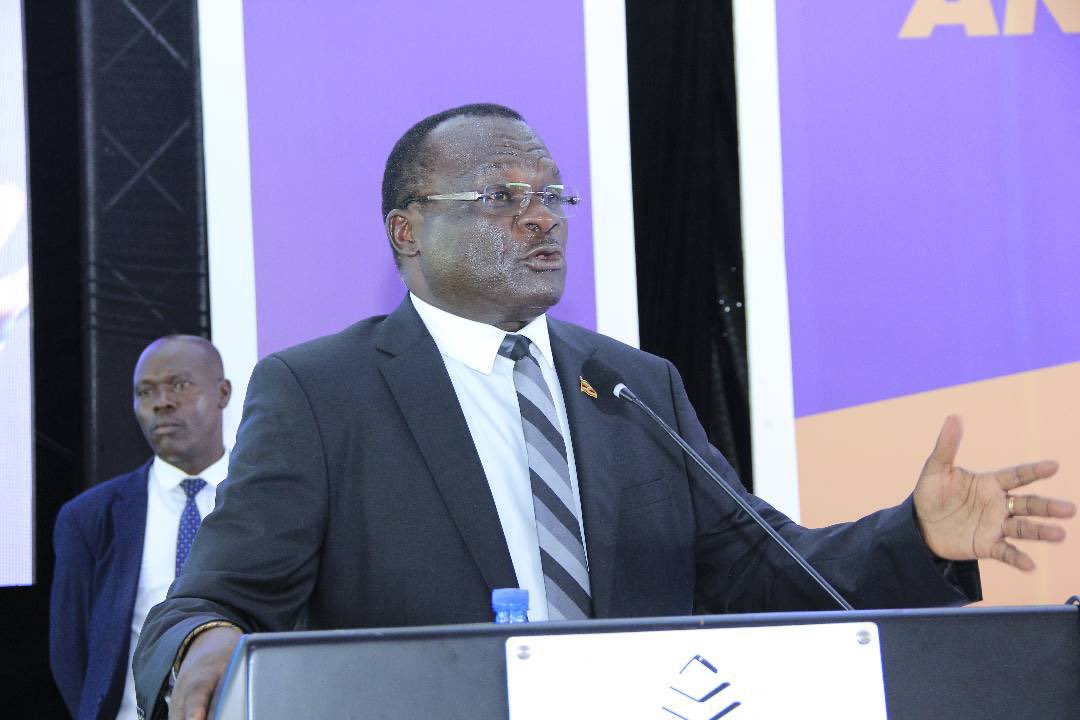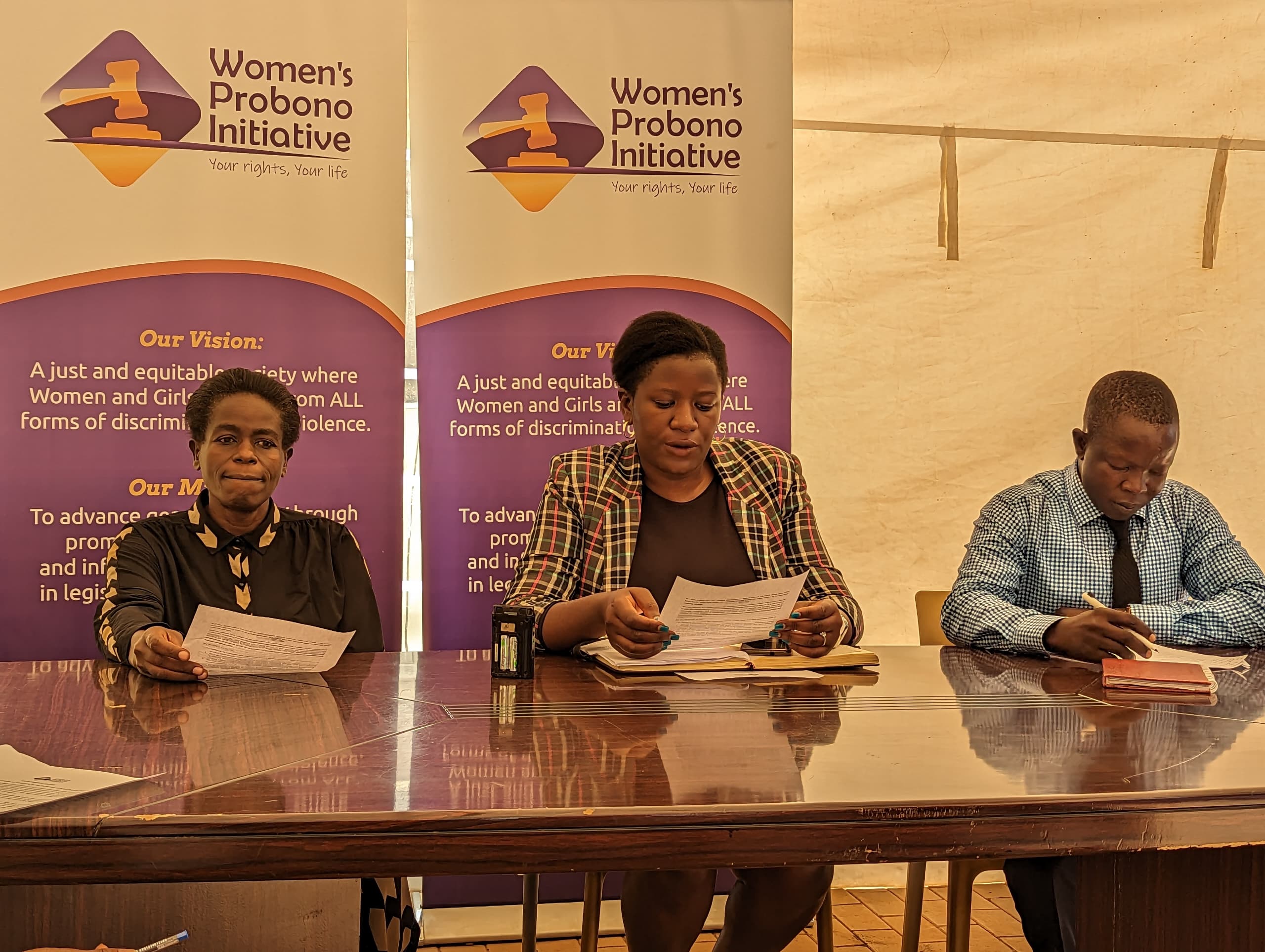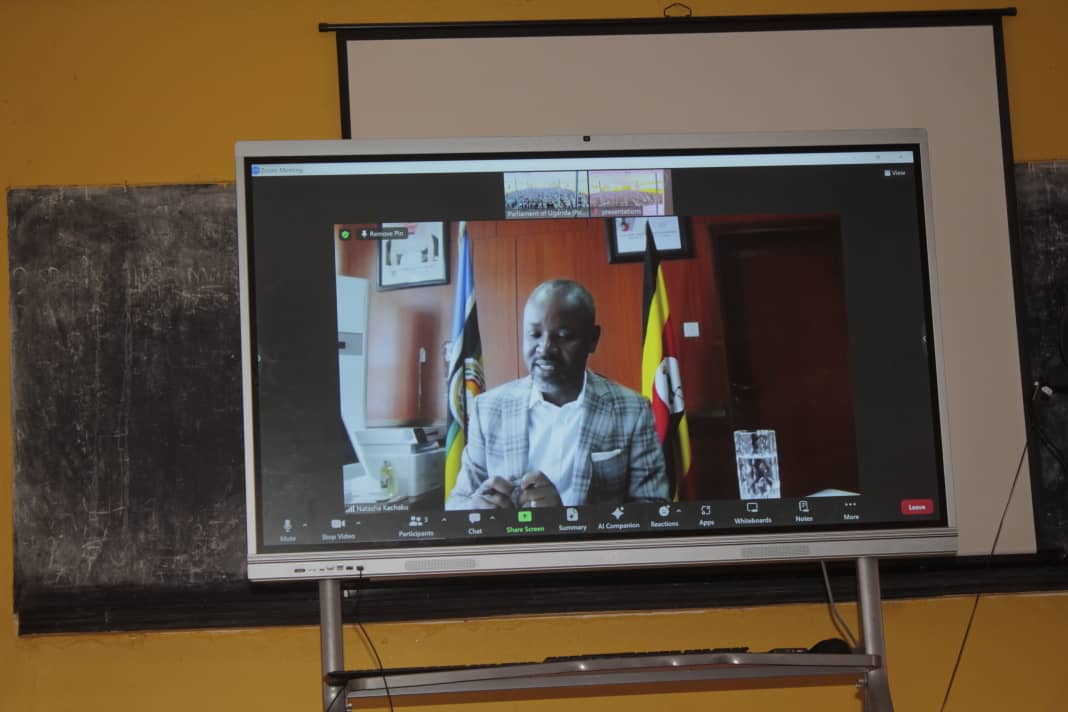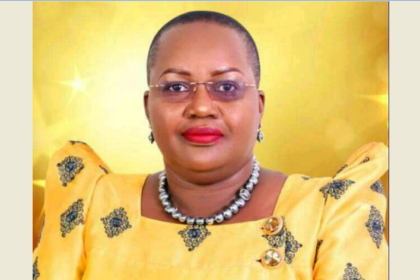The Chief Justice Alfonse Owiny-Dollo has emphasized the crucial role of Alternative Dispute Resolution (ADR) in the future of Uganda’s justice system.
Due to the inefficiencies of the traditional court system, Dollo advocates for a broader adoption of ADR mechanisms to address the growing demands on judicial resources.
Speaking during the commissioning of the Court Accredited Mediators on Tuesday, CJ alluded that the traditional courtroom, once the primary stage for legal battles, now sees only a fraction of disputes. ADR, which includes mediation, arbitration, and negotiation, has become the cornerstone of conflict resolution
He emphasized the growing importance of ADR as revealed by The Hill Report of 2024. The report indicates that only 10 per cent of legal actions escalate to a formal court of law, with the vast majority—90 per cent settled through ADR mechanisms. This shift underscores the necessity for increased capacity and practice in ADR to meet the needs of the justice system efficiently.
Addressing the implications of these findings, Chief Justice Owiny-Dollo remarked, “The judiciary’s current financial and human resources are incapable of solving the problem of case backlog and increasing caseload. People who come to our courts require quick decisions.” He pointed out that economies with high GDPs, like the United States, handle more than 90 per cent of their cases through ADR, a practice that saves billions and reduces the burden on the formal justice system.
In contrast, regions like Africa, with a GDP of 3.1 trillion USD as of 2023, still heavily rely on the costly formal justice system. Chief Justice Owiny-Dollo emphasized the critical role of ADR in providing swift and effective justice, calling for a strategic overhaul in how Court-Accredited Mediators operate and advocating for broader adoption and training in ADR techniques.
“People who come to our courts require quick decisions,” Chief Justice. He added that using ADR, the lengthy and costly process of litigation is often bypassed, saving billions and reducing the burden on the formal justice system. “This shift is crucial in a country where the average lead time for a court case is approximately four years. Long wait times contribute to disillusionment among plaintiffs and defendants alike, leading to high rates of case dismissals and withdrawals. What kind of justice is this?” Chief Justice Owiny-Dollo questioned.
In light of these findings, he called upon the responsible stakeholders to enhance the quality and accessibility of ADR. This involves training judges, retired judicial officers, practising advocates, and the public in ADR techniques.
He thanked Pepperdine University for being instrumental in this effort, offering specialized training programs. Chief Justice Owiny-Dollo emphasized, “Plea bargaining is a game changer in criminal cases, and we must embrace it wholeheartedly.”
The economic implications of lengthy court cases are profound. Commercial disputes that languish in the court system for years tie up vast sums of money, impacting GDP and overall economic health. Hence, there is a pressing need to remodel how Court-Accredited Mediators operate. Enhancing the credibility and confidence in mediation can transform the justice landscape.
Furthermore, to institutionalize ADR within the judiciary, CJ revealed that a new faculty dedicated to Alternative Dispute Resolution has been established under the leadership of the Hon. Deputy Chief Justice. “This faculty comprises recent graduates of Pepperdine University’s Masters in Dispute Resolution and Certificate of International Commercial Arbitration programs.”
Chief Justice Owiny-Dollo added “This, therefore, calls for rethinking and strategizing on how best to handle this situation, and there is no better way to do this than re-modelling how Court-Accredited Mediators operate.”
Do you have a story in your community or an opinion to share with us: Email us at Submit an Article









